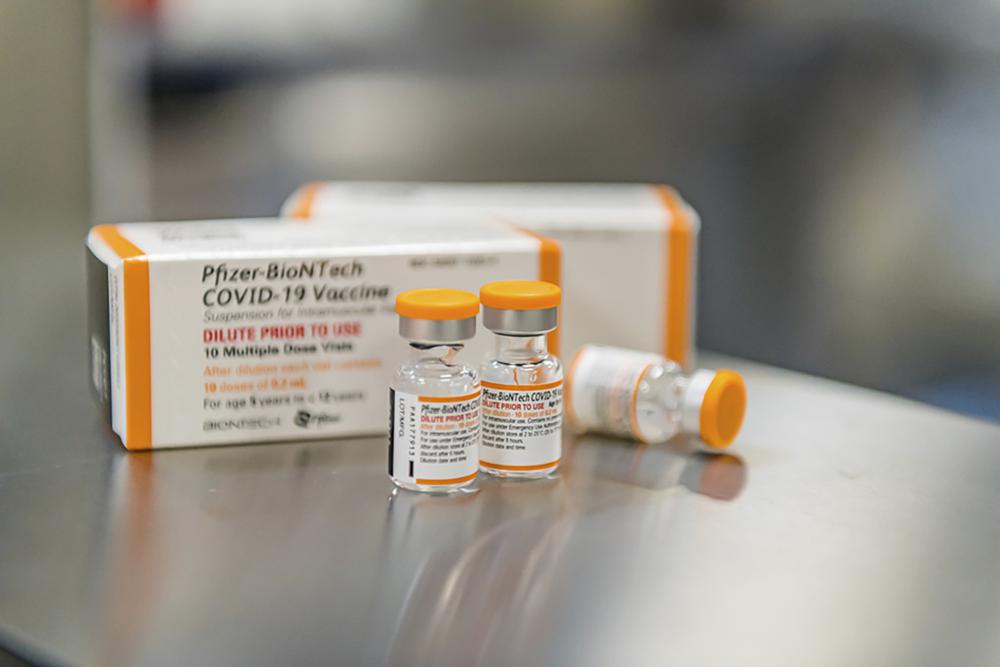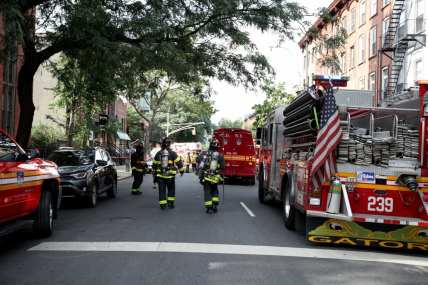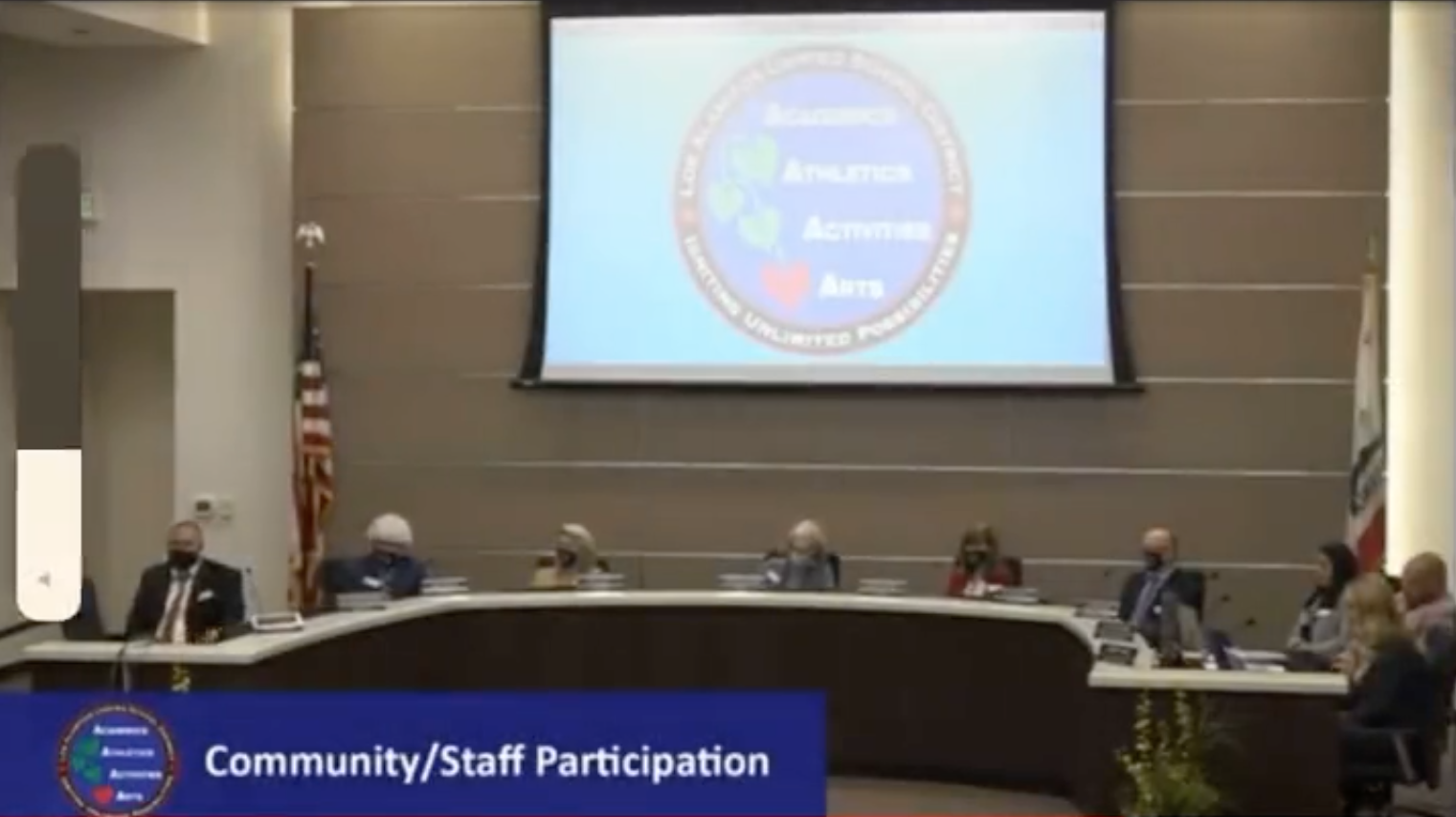US gives final clearance to COVID-19 shots for kids 5 to 11
Millions of shots made by Pfizer and its partner BioNTech have already been shipped to states, doctors’ offices and pharmacies, in preparation for the CDC's decision
U.S. health officials on Tuesday gave the final signoff to Pfizer’s kid-size COVID-19 shot, a major expansion of the nation’s vaccination campaign.
The Food and Drug Administration already authorized the shots for children ages 5 to 11 — doses just a third of the amount given to teens and adults. But the Centers for Disease Control and Prevention recommends who should receive FDA-cleared vaccines.

The announcement by CDC director Dr. Rochelle Walensky came only hours after an advisory panel unanimously decided Pfizer’s shots should be opened to the 28 million youngsters in that age group.
Millions of shots made by Pfizer and its partner BioNTech have already been shipped to states, doctors’ offices and pharmacies, in preparation for the CDC’s decision.
Millions of shots made by Pfizer and its partner BioNTech have already been shipped to states, doctors’ offices and pharmacies — in orange caps, to avoid mix-ups with purple-capped vials of adult vaccine.
In the U.S., there have been more than 8,300 hospitalizations of kids ages 5 to 11, about a third requiring intensive care, according to government data. The CDC has recorded at least 94 deaths in that age group, with additional reports under investigation.
And while the U.S. has seen a recent downturn in COVID-19 cases, experts are worried about another uptick with holiday travel and as winter sends more activity indoors where it’s easier for the coronavirus to spread.
Pfizer’s study of 2,268 youngsters found the kid-size vaccine is nearly 91% effective at preventing symptomatic COVID-19 — based on 16 diagnoses among kids given dummy shots compared to just three who got the real vaccination.
The FDA examined more children, a total of 3,100 who were vaccinated, in concluding the shots are safe. The younger children experienced similar or fewer reactions — such as sore arms, fever or achiness — than teens or young adults get after larger doses.

That study wasn’t large enough to detect any extremely rare side effects, such as the heart inflammation that occasionally occurs after the second full-strength dose, mostly in young men and teen boys. Regulators ultimately decided the benefits from vaccination outweigh the potential that younger kids getting a smaller dose also might experience that rare risk.
Some of CDC’s advisers said for some parents, deciding to get their children vaccinated may hinge on that small but scary risk.
“The risk of some sort of bad heart involvement is much higher if you get COVID than if you get this vaccine,” Dr. Matthew Oster, a pediatric cardiologist at Emory University, told the panel. “COVID is much riskier to the heart.”
Last week, FDA’s advisers struggled with whether every young child needed a vaccine. Youngsters hospitalized with COVID-19 are more likely to have high-risk conditions such as obesity or diabetes. But otherwise healthy children can get seriously ill, too, and the CDC’s advisers ultimately recommended the shots for all of them — even children who’ve already recovered from a bout of COVID-19.
CDC officials calculated that for every 500,000 youngsters vaccinated, between 18,000 and 58,000 COVID-19 cases — and between 80 and 226 hospitalizations — in that age group would be prevented, depending on the pandemic’s trajectory. And CDC officials noted that COVID-19 has caused more deaths in this age group than some other diseases, such as chickenpox, did before children were routinely vaccinated against them.
What about younger children? Pfizer is testing shots for babies and preschoolers and expects data around the end of the year. The similarly made Moderna vaccine also is being studied with young children. But the FDA still hasn’t cleared its use in teens, and the company is delaying its application for younger children pending that review.
A few countries have begun using other COVID-19 vaccines in children under 12, including China, which just began vaccinations for 3-year-olds. But many that use the Pfizer-BioNTech vaccine are watching the U.S. decision, and European regulators just began considering the companies’ kid-size doses.
Have you subscribed to the Grio podcasts, ‘Dear Culture’ or Acting Up? Download our newest episodes now!
TheGrio is now on Apple TV, Amazon Fire, and Roku. Download theGrio today!


